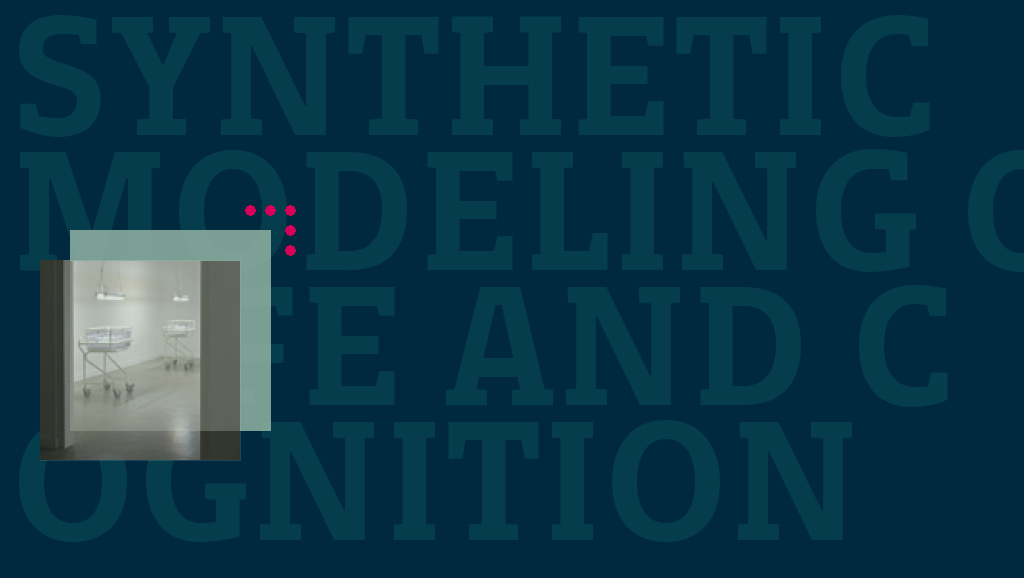Many questions in the workshop Synthetic Modeling of Life and Cognition: Open Questions: “In what sense and under which conditions can artificial systems be considered models of natural living and cognitive processes? What are the prospects for advancing biological, behavioral, cognitive and social sciences through these methods? How can we ensure a successful transmission of knowledge from the sciences of the artificial to the sciences of the natural? What are the impacts of synthetic methodology on our classical way of conceiving and practicing science? What are the impacts on our scientific, social and environmental ecologies?”
In recent decades researchers in various scientific domains have been working intensely on procedures directed to exploring life and cognition in a synthetic way, i.e. through modeling in artificial systems (made by humans). This scientific development is often seen as the emergence of a new general methodology, a synthetic methodology, slated to become a dominant force in science. This synthetic methodology poses a challenge for both science itself and the philosophy of science.
SMLC 2013
Workshop
“Synthetic Modeling of Life and Cognition: Open Questions”
12-14th September 2013, University of Bergamo, Italy
Organizers:
Luisa Damiano (University of Bergamo)
Vincent C. Müller (Anatolia College/ACT & University of Oxford)
—————
(photo: Alter Nature: We Can – BCL (Georg Tremmel & Shiho Fukuhara) – Common Flowers – Flower Commons (2009) by Kristof Vrancken / Z33 from Flickr)
















